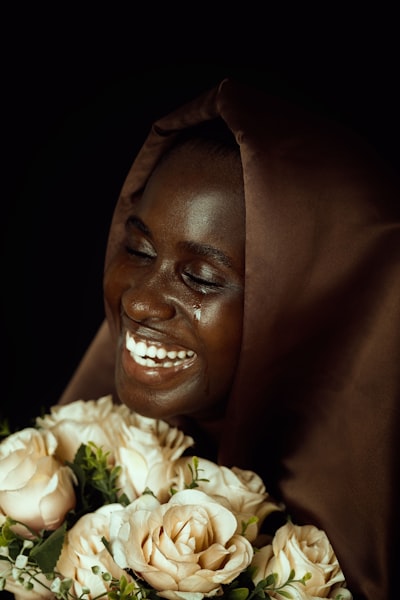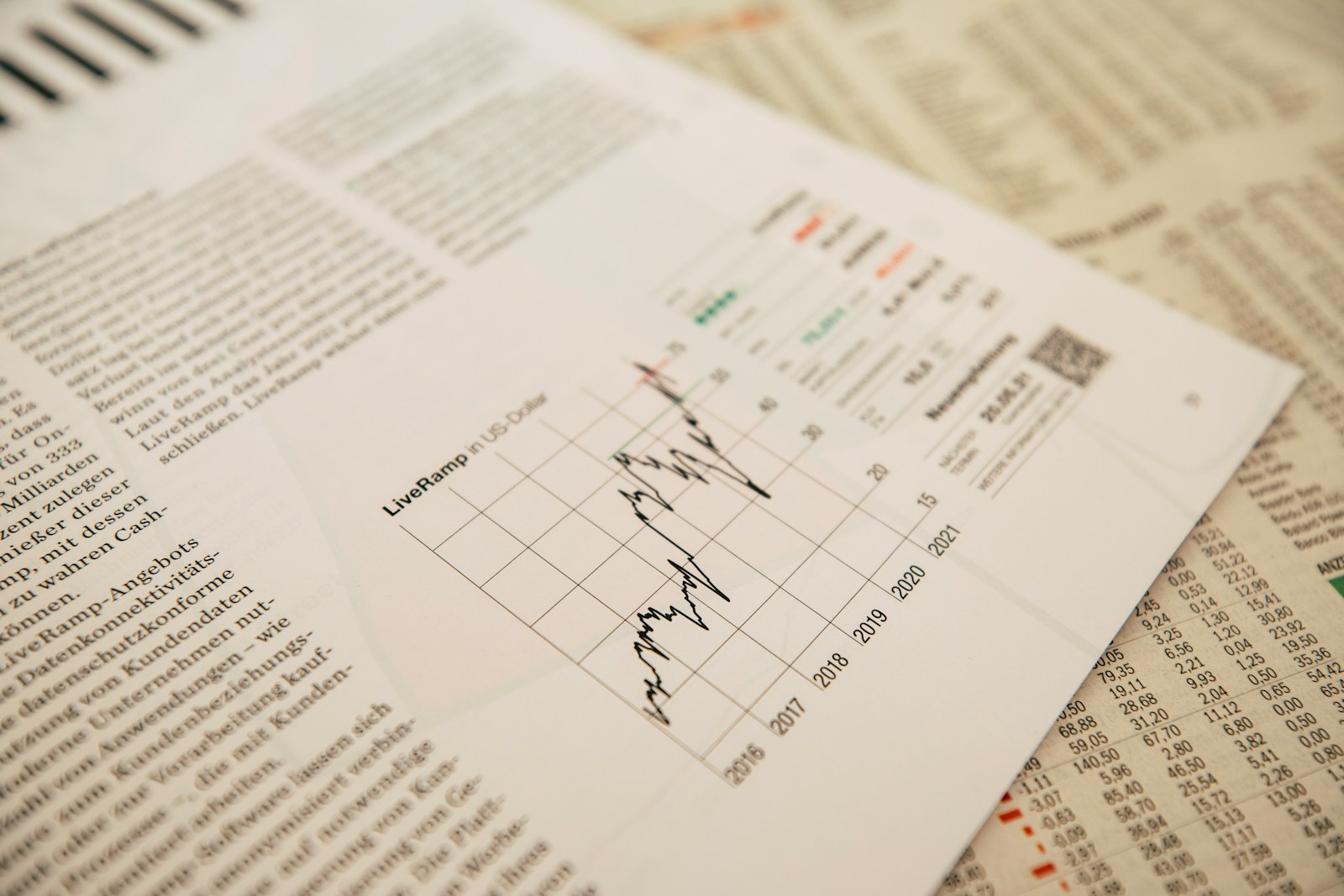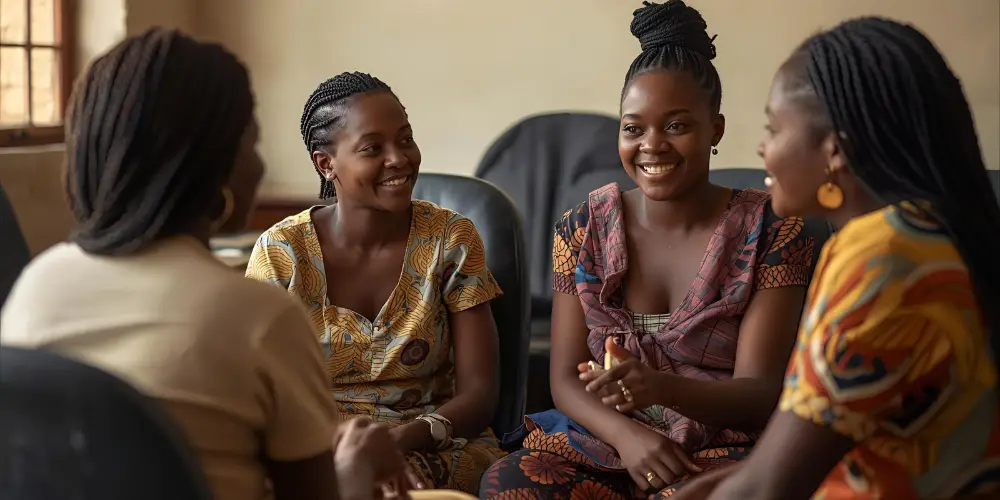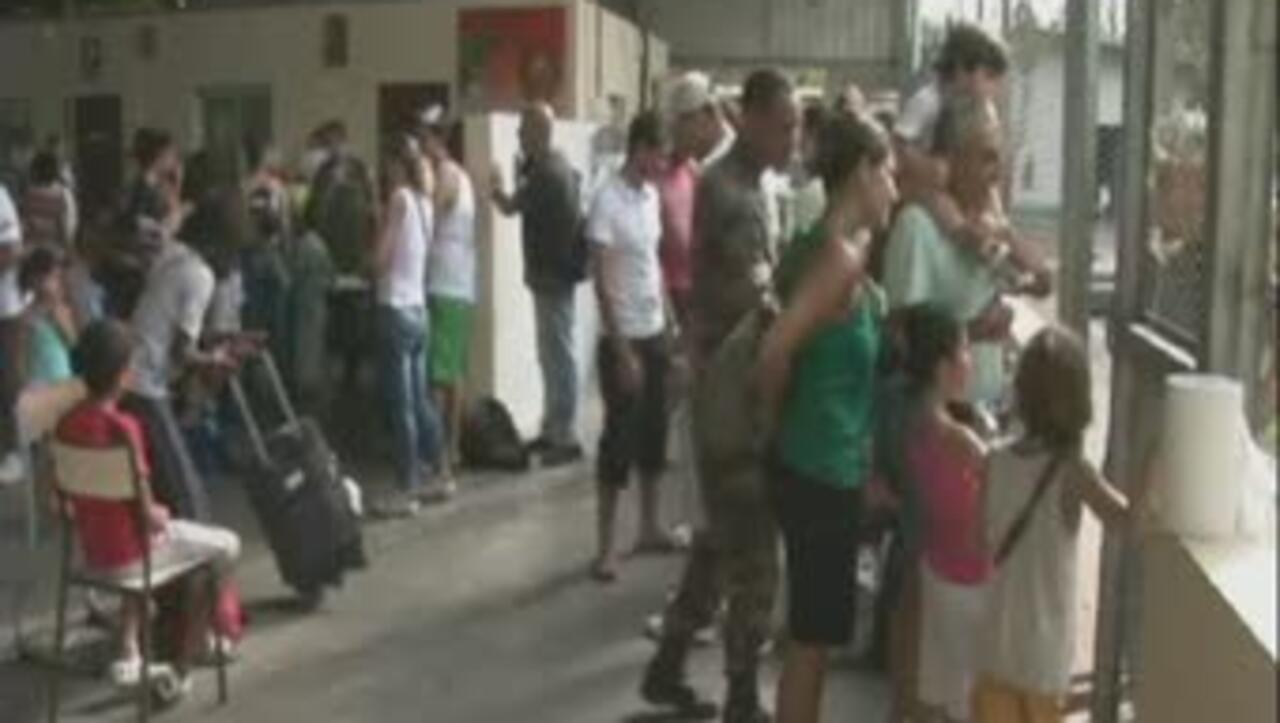War reshapes societies in profound and unpredictable ways. In Sudan, the ongoing conflict has forced families into exile and created new social realities, particularly for women. Once confined by rigid patriarchal norms and economic dependence on men, Sudanese women are now stepping into roles as breadwinners, decision-makers, and community leaders. Displacement, while devastating, has also opened doors for women to claim greater economic and social agency, particularly in refugee settlements such as Uganda’s Kiryandongo camp.
From Dependents to Providers
Before the war, economic inequality in Sudan was entrenched. Cultural traditions and religious justifications confined women’s roles to the domestic sphere, while men controlled wealth and property. Conflict disrupted this arrangement. As men were killed, displaced, or unable to provide, women assumed the responsibility of sustaining households. In camps, markets have sprung up where Sudanese women sell food, beverages, perfumes, and other essentials, transforming informal trade into vital survival strategies.
War-Induced Shifts in Gender Dynamics
Women like Noda and Musana, both university graduates, exemplify these shifts. Once sidelined from family decision-making, they now navigate male-dominated spaces such as border crossings, markets, and financial negotiations. Noda describes her first crossing into Uganda as a moment of both fear and empowerment. By working in small trade, she saved enough to reunite her family. Similarly, Musana, once restricted from travel inside Sudan, now works independently in Uganda to support her relatives. These examples show how women’s resilience has enabled them to adapt under pressure and challenge deeply rooted gender barriers.
Assets as Tools of Empowerment
Beyond financial survival, women’s access to and control over assets—from cash and remittances to cultural knowledge and social networks—has become a foundation of empowerment. In Kiryandongo, women pool funds through daily contributions, ensuring that neighbors in crisis receive support. These systems of collective asset management not only meet urgent needs but also reinforce women’s authority as decision-makers. For young women like Tama, supporting her family from afar has granted her influence once denied under patriarchal norms, proving that economic contributions can reshape power structures within families.
Social Networks and Cultural Continuity
Social capital is equally vital. Women’s groups in camps organize savings collectives, support systems, and cultural events that foster solidarity. Through WhatsApp groups, neighborhood funds, and communal kitchens, displaced women strengthen both resilience and belonging. At the same time, cultural skills—such as producing perfumes, henna, or traditional foods—help preserve identity while generating income. These practices ensure that empowerment is not only economic but also cultural, allowing displaced Sudanese women to retain a sense of continuity amid upheaval.
Fragile Gains or Lasting Change?
A pressing question remains: will these new gender roles endure once the conflict ends? History shows that wartime shifts often fade as patriarchal systems reassert themselves during peacetime. Yet, the transformations now underway demonstrate women’s capabilities as leaders and providers. If supported by structural reforms and cultural recognition, these temporary changes could evolve into lasting progress toward gender equality in Sudan and beyond.
General Reflection
The Sudan War has inflicted immeasurable suffering, but it has also revealed the resilience and adaptability of women in the face of crisis. By managing assets, sustaining families, and building social networks, Sudanese women are not merely surviving—they are reshaping the foundations of their communities. Their stories highlight a universal truth: in times of upheaval, empowerment often emerges from necessity, and it is within these moments of hardship that the seeds of long-term transformation can be sown.
for more news : africaciviclens.com




